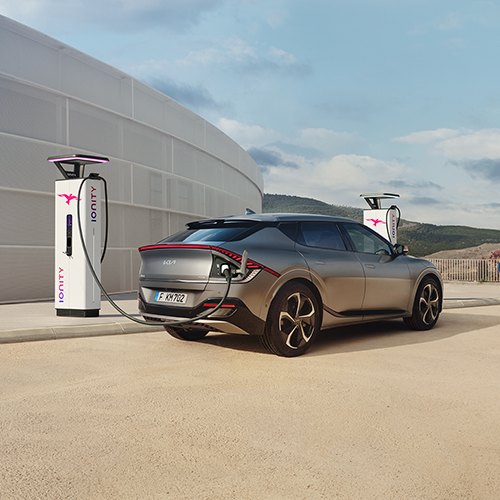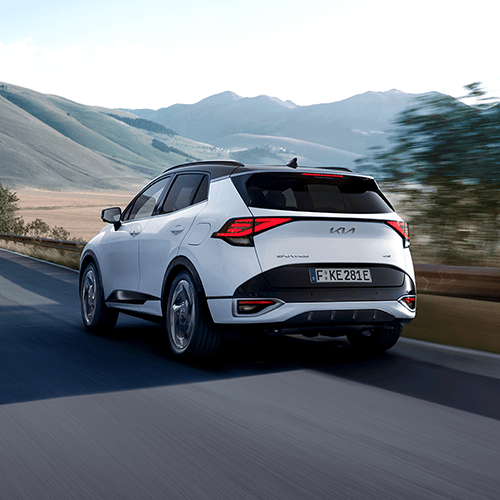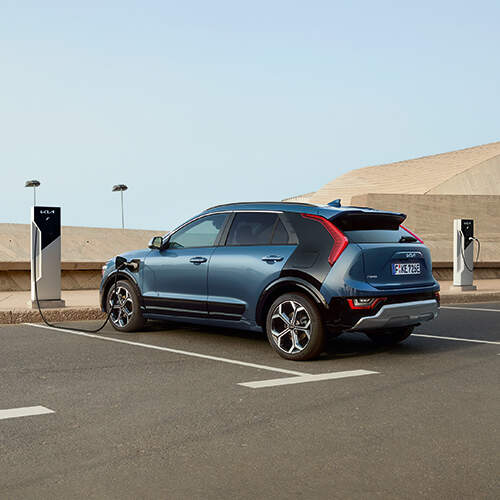TOTAL COST OF OWNERSHIP (TCO)

Comparing the total cost of ownership
How affordable are Hybrids? And what’s the cost of running electric cars? When it comes to the total cost of ownership, there are some differences between the two. Either way, it may surprise you how much you can save in the long run, especially compared to a traditional petrol engine car.
What is Total Cost of Ownership (TCO)?
Total cost of ownership (TCO) is a term that refers to the combined cost of the initial purchase price of a car and said car's ongoing running costs.
Buying a car is a big investment, but it's often easy to not look at the big picture. When making the decision to buy any car, it's important that you consider the total cost of ownership, including running costs and maintenance, not just the upfront price.
For example, focusing on just the upfront cost of electric cars gives an inaccurate understanding of how much an electric car actually costs to own. Electric car prices do not include the running costs of electric cars and, as such, do not take into account the money-saving benefits of driving an EV compared to other cars. At Kia, we want to make sure our Kia family is always informed about the total cost of ownership when considering how much an electric car is at first glance.
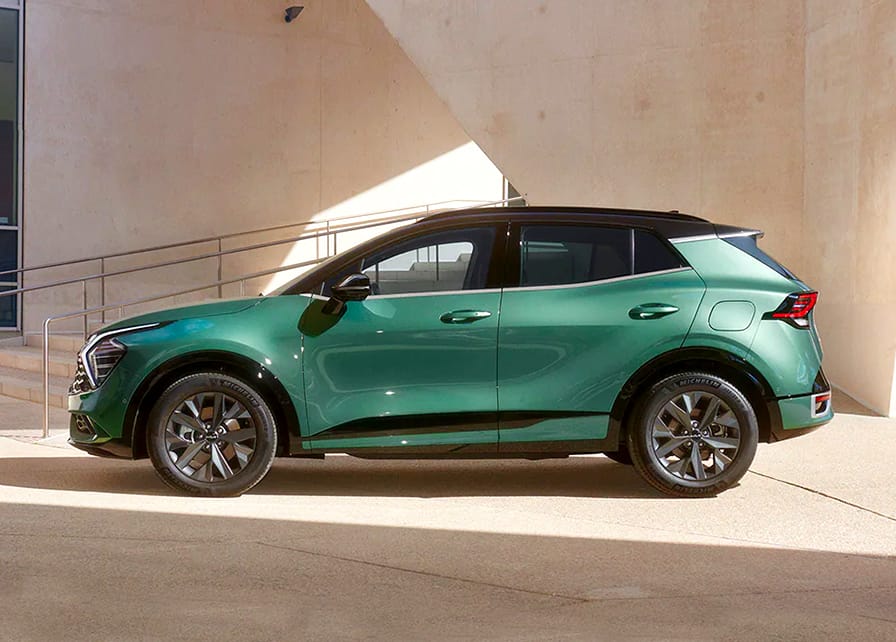
Hybrid cars
Our Hybrid vehicles (HEV) usually cost less to buy outright than their plug-in-hybrid and electric equivalents.
Hybrid vehicles boast good fuel economy compared to petrol-driven vehicles. And, because they produce lower emissions, you’ll also benefit from slightly reduced rates of VED (road tax).
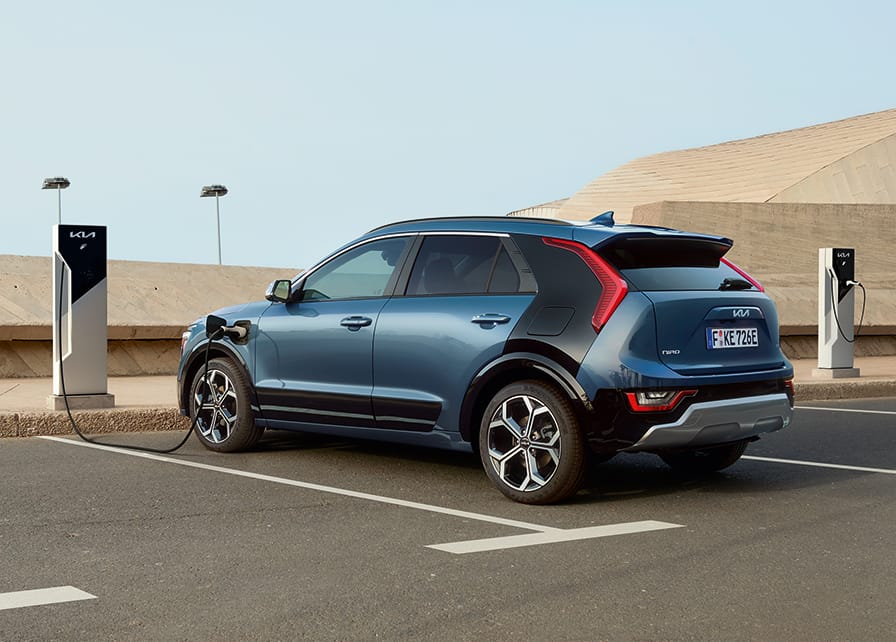
Plug-in Hybrid cars
Plug-in Hybrid vehicles (PHEV) cost more to buy than self-charging hybrid vehicles but offer better fuel efficiency and taxation.
If you charge at home at a competitive kWh price, a plug-in hybrid will allow you to reduce your fuel bills.
Their very low CO2 emissions also allow them to take advantage of relatively low VED (road tax) and company car tax.
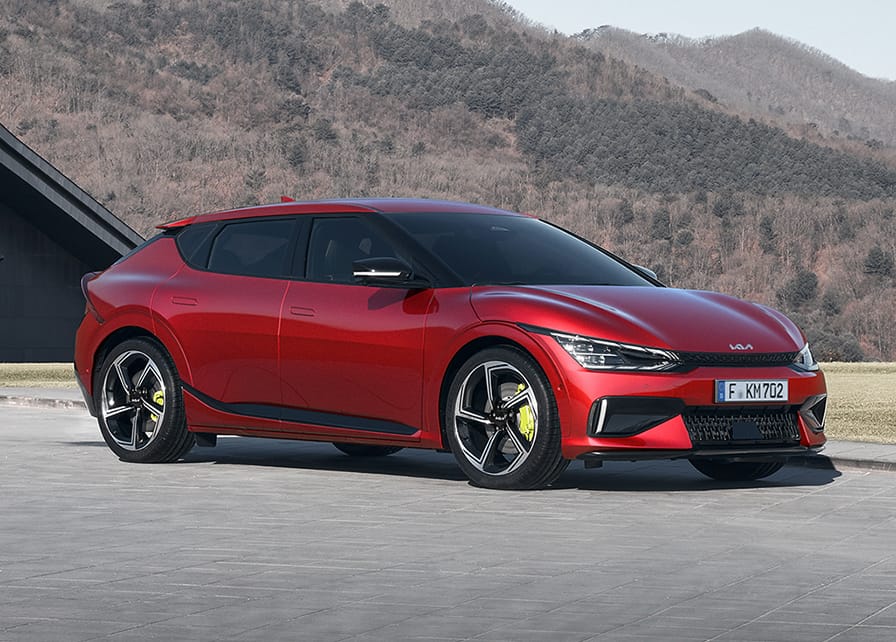
Electric cars
They also benefit from low taxation and are viewed more favourably by Government and local authorities, which can help you save significant amounts on congestion charge fees and parking. Discover more about electric car tax benefits.
Running costs of electric cars
Compared to their petrol and diesel counterparts, electric cars
benefit from various financial advantages when it comes to running costs.
Charging is the main running cost for electric cars. However, because of the lower cost of electricity compared to fuel, along with the superior efficiency of electric cars, EVs are generally cheaper to run than petrol or diesel cars. Home EV charging
is the most cost-effective way to charge your vehicle, as it gives you access to better energy tariffs and allows you to fully recharge your car in one go, rather than paying for constant top ups at public EV charging points.
Taxation and parking are examples of other running costs that all drivers expect to pay. As emission-free vehicles, electric cars have various tax benefits and exemptions, as well as lower parking costs for on-street and local permit parking.
Learn more about tax benefits of electric cars
and how EV drivers can capitalise on these.
Comparing powertrains by type
Different types of powertrain can have a considerable impact on your running costs.
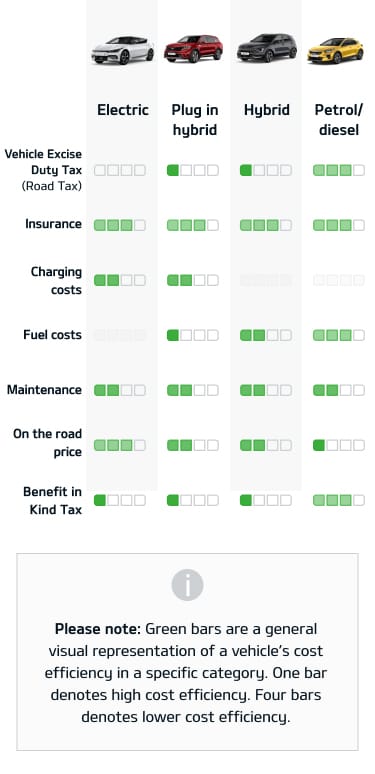
Ways to save
Making the move towards electric comes with a range of financial incentives you may want to take a look at.

Cost-effective Parking
Enjoy the all-round lower running costs of electric cars, with savings to be made at every turn. Electric vehicles can unlock enviable savings on parking. Many local authorities around the country levy lower or no fees for on-street parking and/or resident parking permits on electric vehicles..
Some parking operators, sometimes placed conveniently near a train station, also waive or discount parking charges for electric vehicles so it is worth researching saving opportunities around you.

Zero emissions, zero road tax
Road tax in the UK, officially known as Vehicle Excise Duty (VED), is calculated based on CO2 emissions. Because fully electric cars output zero CO2 emissions (in fact, they don't even come with an exhaust), running one will cost you zero road tax.

Farewell congestion charge
Travelling into Central London? In a fully electric Kia, you'll automatically avoid paying the Congestion Charge until 25th December 2025, as well as the charge for entering the Ultra-Low Emission Zone (ULEZ) — saving you £27.50 on your journey.
But it doesn’t stop with London. As many more cities like Manchester and Birmingham introduce similar clean air zones, electric vehicles are the best way to guarantee long-term access to these areas, at the best possible price.
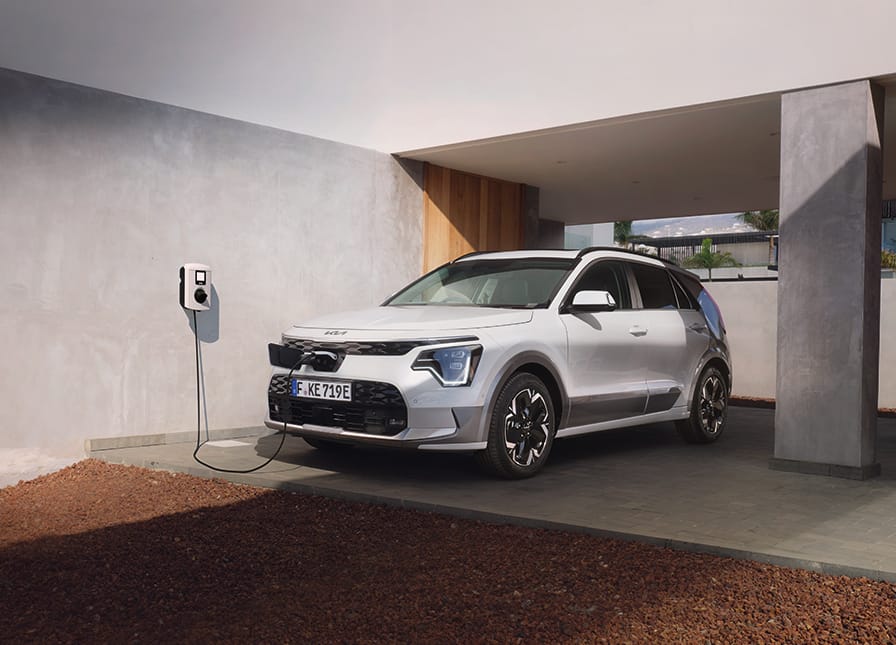
Recharge your batteries, right at home
How much does it cost to charge an electric car? It’s probably a lot less than you think. Especially when you’re charging at home.
Securing a good deal on charging your electric car at home or at a public station can save you significant amounts of money compared to running a combustion engine vehicle. It is worth ensuring you have the right energy tariff at home. If you rely solely on public charging
, some operators can also offer very competitive pricing so it is worth researching solutions local to you.

Don’t pay more for servicing
Keep your car in good working order at no extra cost. And, with fewer moving parts, servicing and repairing an electric vehicle is quicker and simpler.
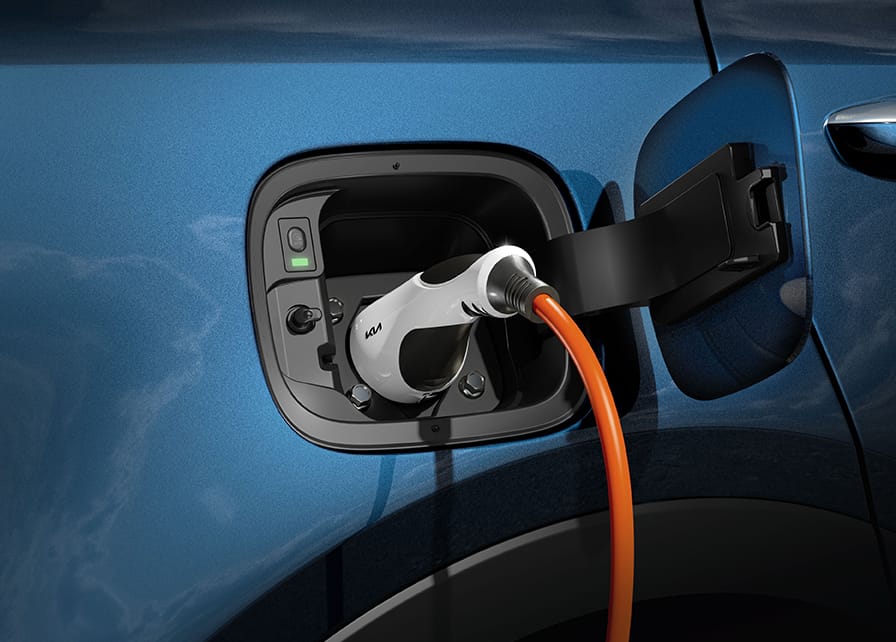
Better for business
Savings on fuel and servicing that really mean business. Companies using electric vehicles can expect to enjoy lower running costs, lower BiK rate and better write down allowance.

Pioneering 7 Year Warranty
A sustainable car is one that lasts, and that’s very much how we design our vehicles. Every Kia model benefits from our 7 Year Warranty that covers you for up to 100,000 miles, giving you reassurance and protection against unexpected costs.
Simple ways to buy your new Kia
-

Your choice of purchase options
Purchasing made painless. Whether you're looking to buy your new Hybrid or fully electric Kia outright, or you want to explore financing, we make the process simple.
You'll be able purchase in person, or from home — while our financing options offer a comprehensive breakdown of how much you'll be paying over a fixed term. -

Buy from the comfort of your sofa
You can feel right at home with our option to simply purchase your Kia from home. Sit back and browse the range, chat to your local dealer, and finds the terms that best suit you. Find your perfect Kia right now. -

Speak to our experts
Looking to finance your new Kia? Simply fill in your chosen options and our finance calculator will give you a full monthly cost breakdown. For a flexible, manageble way to pay for your new car. You can also discuss your options with a Kia dealer, either via our livechat or by phone.
Get more from Kia
Legal Disclaimer
7 Year Warranty
Kia high voltage lithium ion battery-units in electric vehicles (EV), hybrid electric vehicles (HEV) and plug-in hybrid electric vehicles (PHEV) are built to have a long life. These batteries are covered by the KIA warranty for a period of 7 years from initial registration or 100,000 miles, whichever comes first. For low voltage batteries (48V and 12V) in mild-hybrid electric vehicles (MHEV), the Kia warranty covers a period of 2 years from initial registration regardless of mileage. For EVs and PHEVs only, Kia guarantees a 70% capacity of the battery. Capacity reduction of the battery in HEV and MHEV is not covered by the warranty. To minimize possible capacity reduction, consult the owner's manual. Kia warranty covers a period of 7 years from initial registration or 100,000 miles, whichever comes first. Deviations according to the valid guarantee conditions, e.g. for battery, paint and equipment, subject to local terms and conditions. For full Kia warranty terms and exclusions click here


